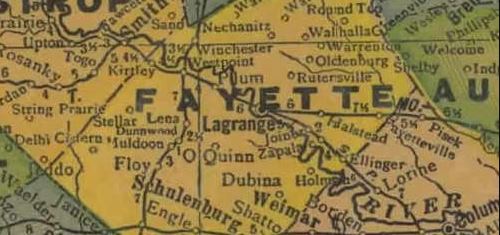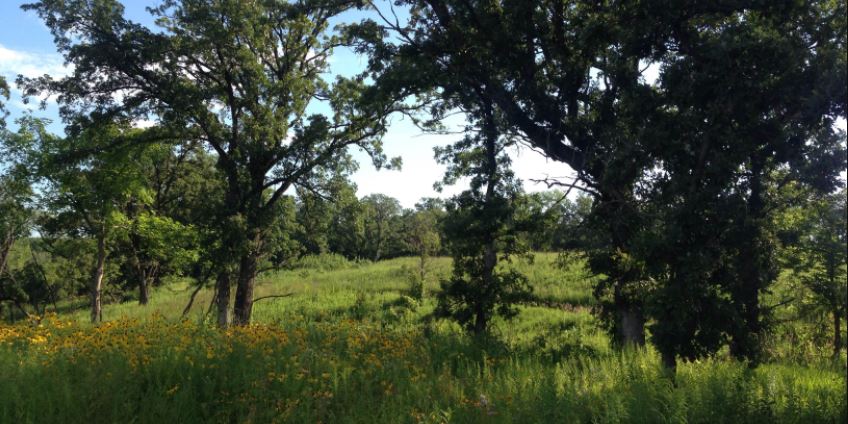The wildlife exemption is an option for Fayette County property owners interested in managing for native wildlife species. This exemption is more aptly termed a wildlife tax valuation or wildlife tax appraisal and allows property owners with ag lands to maintain an ag tax valuation by managing for wildlife.
Wildlife management use has been an option for Fayette County property owners since the 1990’s, but has become popular in recent years. It’s especially important for Fayette and other just about every other county in Texas as properties continue to be divided and divided again.

Conservation of Fayette County Through Wildlife Exemption
State leaders realized that land fragmentation would increase as the population of Texas increased (and increased at an increasing rate). Wildlife management, wildlife appraisal use was proposed as a conservation initiative, to protect open space throughout Texas for native plants, animals and humans.
Texas land owners value natural resources. It’s great that Fayette County property owners as well as property owners throughout the state can manage for native wildlife and maintain an ag tax valuation on a property. It was in the mid-90’s, when wildlife use was approved by Texas voters, that wildlife management was legally defined as agriculture in the state.
But there are specific requirements.
Primary Use Requirement for Wildlife Exemption
There is more to maintaining a wildlife exemption than simply doing it. Each landowner must apply and submit a detailed management plan, which let’s the local appraiser know the property owner’s intentions.
To determine if wildlife management is the primary use of a tract of land in Fayette County, the following factors will be considered by the county appraisal district:
- Whether the property is being actively managed through implementation of a sound wildlife management plan
- Whether the property owner gives priority to wildlife management practices and activities over other uses of the property
- Whether secondary uses of the property significantly interfere with the wildlife management practices and activities or are detrimental to the target native wildlife being managed

Other Requirements for Wildlife Use Appraisal
Other requirements for wildlife exemption may include meeting minimum acreage requirements, if applicable, as well as degree of intensity requirements for the chosen management practices that are implemented on the property. These additional requirements include:
- Managing the property for at least one species of native wildlife, whether breeding, migrating or winter
- Filing a detailed wildlife management plan that covers goals, objectives and at least 3 management activities that will take place on the property specifically for wildlife exemption
- Filing and application and plan with the Fayette County Appraisal District that notifies them of change from a traditional ag operation to an ag operation that is maintained through approved wildlife management practices
Thinking about a Wildlife Exemption Fayette County?
More Fayette County property owners are investigating the wildlife exemption as an avenue for holding onto their ag tax valuation. It’s important as the economics of ag operations become more and more difficult and as absentee land ownership increases. The wildlife exemption maintains open space for wildlife and people in a world that is rapidly being sub-divided, developed.
If you own property in Fayette County and are considering a wildlife exemption, please use the resources found on this site or contact us directly for help with developing a site-specific management plan that meets/exceeds the requirements of the Post Oak Savannah Ecoregion and the Fayette County Appraisal District.
